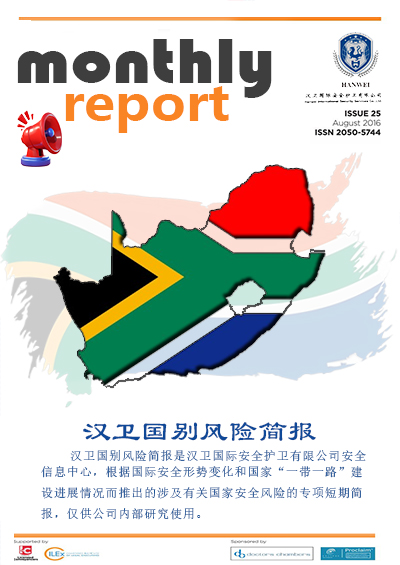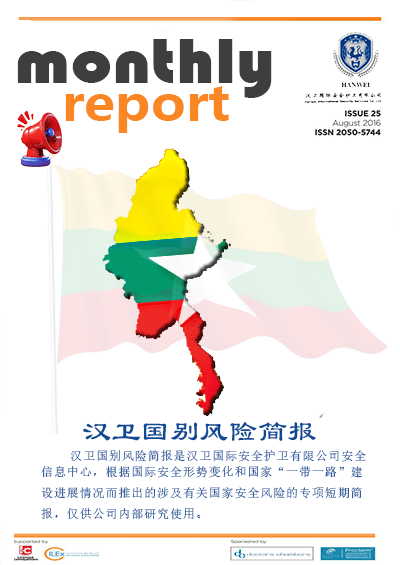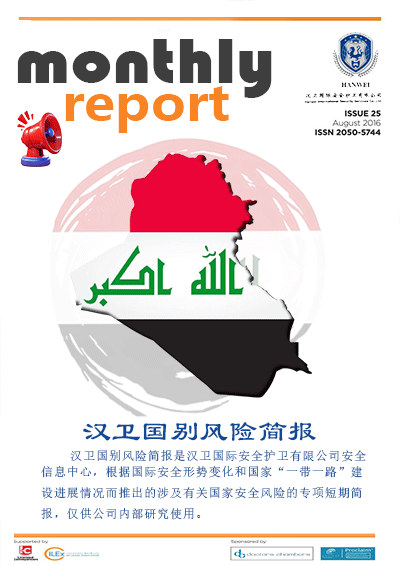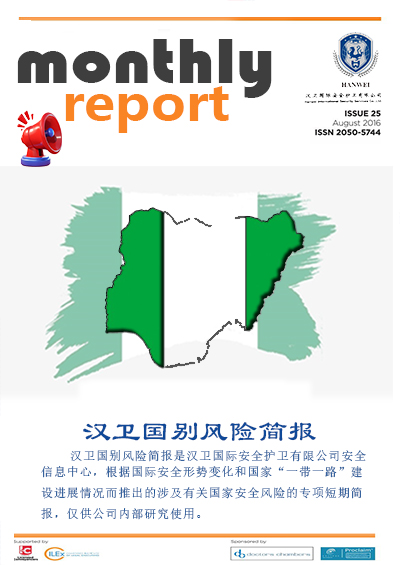Iraq05Monthly Security Situation Review
006Researcher
According to monitoring reports from Hanwei International's security officers in Iraq and related media coverage,this month Iraq faces severe challenges in political, economic, external threats, and social security risks. Politically, severe fragmentation exists among factions and ethnic groups, with escalating conflicts between the central government and the Kurdistan Regional Government (KRG); economically, over-reliance ona single economic structure exacerbates fiscal difficulties, triggering public protests; externally, Turkey continues its strikes against the PKK,ISISremnants remain active; regarding social security risks, post-war explosive remnants pose grave dangers, while shootings and kidnappings spread panic.
1. Political Aspects.
(1) Weakening National Identity Among Iraqis Risks Social Fragmentation
A Washington Institute report shows that compared to 26% in early 2022,2025sees 54% of Iraqis satisfied with their government. However, nearly half prioritize sectarian or ethnic identity over "Iraqi" identity. Amman-based think tank "Iraqi Public Opinion Monitoring" data reveals 53% of respondents place sect/ethnic identity above national identity—a historical precursor to major conflicts. This weakening national identity risks "political structure fracture," where elections are based on sectarian/ethnic divisions rather than political platforms. The Washington Institute predicts this division may prolong the 2025 election deadlock, requiring extended backroom negotiations for government formation.
Amid Iraq's 2025 elections, reinforced non-national identities could fracture society. Political conflicts or sectarian-biased media coverage may ignite inter-group violence, destabilizing society.
(2) KRG-Central Government Tensions Escalate Over U.S. Energy Deals
2025年5月19日,KRG Prime Minister Masrour Barzani signed two major energy agreements with U.S. companies in Washington D.C., hosted by the U.S. Chamber of Commerce. The next day, Iraq's federal government denounced the deals as unconstitutional under Supreme Court rulings, highlighting unresolved disputes over natural resource control.
This dispute heightens KRG-central government tensions, risking political instability or localized violence. The KRG values these deals at billions, meaning unequal energy benefits could trigger protests or anti-government violence, exacerbating social divisions.
2. EconomicAspects.
(1) Iraq's Fiscal Crisis Deepens
MP Raed al-Maliki warned of a dire fiscal crisis with $130 billion in debt and record deficits. The Central Bank refused loans to cover deficits, delaying budget submissions. Current revenues can't cover salaries, including suspended KRG wage transfers.
Budget goals outpace fiscal capacity, with oil-dependent fragility worsening amid global market swings. Economist Nabil al-Marsoumi noted April oil revenues fell 15% to $6.738 billion, barely covering public wages and oil licenses. Declining oil income threatens welfare, services, and infrastructure, fueling public discontent.
(2) New Customs Policy Paralyzes Duhok Commerce
Beyond resource disputes, KRG-central economic jurisdiction conflicts persist. Baghdad's past oil export limits and funding cuts hurt KRG growth. This month's QR-code seal requirement for federal-bound trucks (72-hour delivery window) crippled Duhok's border-trade economy, idling 20,000 workers.
This policy devastates KRG economies, with unemployment potentially spurring crime and anti-central government protests, threatening national unity.
(3) Protests Erupt Nationwide
Southern cities saw protests over failing utilities and power (e.g., Diwaniyah's 9-hour daily supply, 14-hour outages). Roadblocks and tire fires turned violent, causing casualties.
3. External Threats..
(1) Iraq-Turkey Cooperation Against PKK
2025年5月8日,PM Sudani visited Turkey, signing MOUs on counterterrorism and border security, emphasizing intel-sharing and military coordination against PKK.
5月12日,PKK announced disbandment per leader Öcalan's call, yet Turkish strikes continued, destroying 1/3 of northern villages, displacing thousands, and risking Kurdish backlash.
(2) Iraqi Forces TargetISISRemnants
Reports showISISoperating in deserts/mountains, maintaining structure via covert networks. Anbar attacks (burning vehicles, killing shepherds) spread terror despite limited casualties.
May saw joint air-ground operations in Salahuddin, Kirkuk, and Nineveh, destroyingISIShideouts and killing militants.
4. Social Security Risks..
(1) Crime Wave Heightens Insecurity
Shootings:5月14日,Kirkuk taxi attack wounded 2;5月23日,Dhi Qar clan feud injured 8;5月29日,Maysan motorcycle shooting killed 1.
Law Enforcement:May arrests in Dhi Qar/Salahuddin nabbed 30 for theft/kidnapping.
(2) Unexploded Ordnance Pervasive
Post-Iran-Iraq War, Iraq War, andISISconflicts, mines/UXOs plague Duhok (779 contaminated zones, only 4.44% of 2.2M m² cleared) and Nineveh.5月9日,Mosul blast injured 3, including 2 children.
Recommendations for Chinese entities:1. Monitor political-economic shifts. Avoid Kirkuk/Mosul disputed zones and protests near government sites; prepare emergency plans.2. Avoid high-risk areas. Steer clear of Turkish-PKK conflict zones (Duhok) andISIShotspots (Salahuddin/Nineveh). Deploy armed guards in risky projects; avoid marked hazardous areas and suspicious objects.




